The 76th Cannes Film Festival has premiered the last film by Víctor Erice, whose last production was El sol del membrillo in 1993, with controversy over the presentation of Close Your Eyes in the Prèmiere section, out of competition and cutting its way to Locarno or Venice.
With his meagre, award-winning filmography and the unanimity with which he has been considered a cult filmmaker, expectations for his new film have been equally high. And what we have discovered after its screening is a work that operates on several levels, whose common concern is the reflection on the passage of time, the recesses of memory, and the capacity to remember and record events and emotions, as well as the potential of images, animated or not, to reactivate or allow aging not to be a wasteland of unknown or forgotten stories or human capacities.
Close Your Eyes is a reflection, obviously inspired by the career of Víctor Erice —who wrote the script with Michel Gaztambide— on the difficulties in developing his projects, the dissatisfaction of unfinished works, not only including a metafiction with diverse resources, such as the incorporation of Ana Torrent (Ana), carrying out a vindication of a way of life that was threatened and stopped 30 years ago.
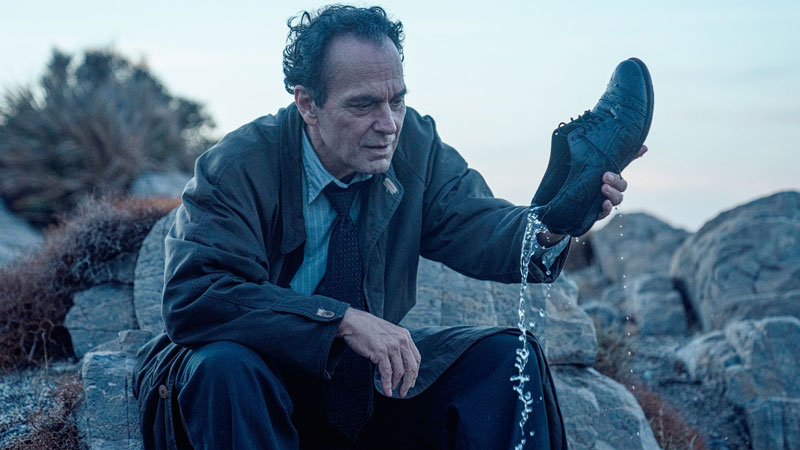
The definition of identity and the quality that defines us, as well as the value given to the present, are themes around which Close Your Eyes gravitates, Erice examines through his characters, and their different circumstances, the possibility of living without memory and whether this makes us less of a person or whether, on the other hand, amnesia grants us the grace of oblivion as a constant beginning, burdened only with a residual heritage. And as far as interaction is concerned, we ask ourselves whether the fact of not remembering our past turns us into others, whom those who knew us before can no longer love, in parallel with death, which leaves only the memory. Here the role of the image (film or photography) in recording events, moments, and lives is fundamental, as shown at different moments in the film, from the opening photograph showing the fictional character’s missing daughter to the reflection on the annihilation of cinemas or even the formats in which films are no longer shot.
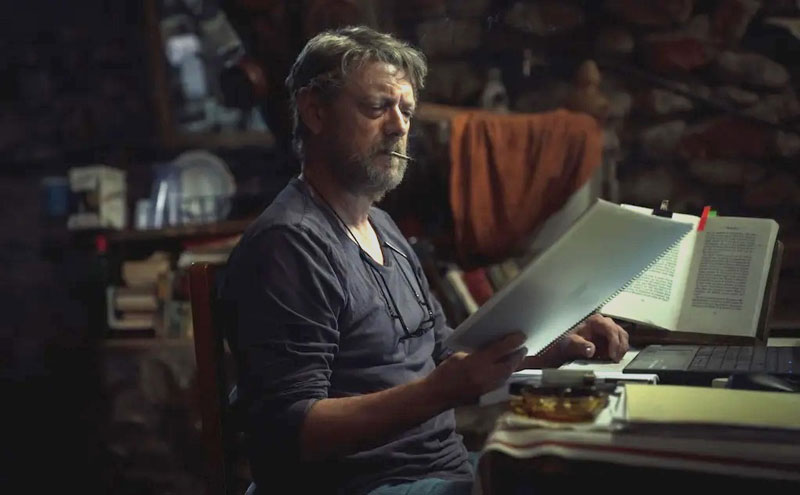
Julio Arenas (José Coronado), one of the main characters in Close Your Eyes, disappears during the shooting of a film and is presumed dead for years, until a television program that searches for missing persons contacts the film’s director, Miguel Garay (Manolo Solo), and the search takes a different turn. The film’s prologue is the last scene shot by Arenas, in which he appears alongside Josep M. Pou, in what could be a reference to El embrujo de Shanghai, the film based on the novel by Marsé, on which Erice worked for a long period only to see his project pass into the hands of Trueba. Miguel Garay is contacted by the television program and in exchange for a sum of money offers to collaborate in the episode dedicated to the disappearance of Arenas. From the 21st century, we return to where that parenthesis was opened – parallel to the interruption of Erice’s career – symbolised by the furniture repository where Miguel’s belongings were left, before he changed his life, and from where he recovers, wearing it, an old overcoat. A full-fledged return to the past.
The substance of what is put on the table is considerable, as can be seen, surpassing itself until it reaches the great questions of metaphysics, from the minimalism to which they have all reduced their lives, through amnesia (Arenas) or voluntary retirement (Garay). The character played with his usual sobriety by Manolo Solo —he has abandoned cinema and lives austerely in a caravan in Cabo de Gata— returns to contact after a long hiatus, with a former collaborator, Max Roca (Mario Pardo) who, in turn, lives in a time capsule, among rolls of celluloid, an old stereo, a velvet sofa… and above all, longing for a time gone by which was better. We reminisce about a way of life governed by different priorities, where the medium on which films were recorded still has a place (albeit threatened) and conversations do not include millenarian neologisms.
Miguel himself has withdrawn from the mundane world, minimising his needs, but friendship and loyalty bring him back to the past, to bravely face its consequences. His son who died in an accident, his amnesiac friend, and a whole way of life overtaken by technological advances and social changes represent a challenge when it comes to managing a present that, as the end shows, only cinema as a guarantee of permanence can help to understand.

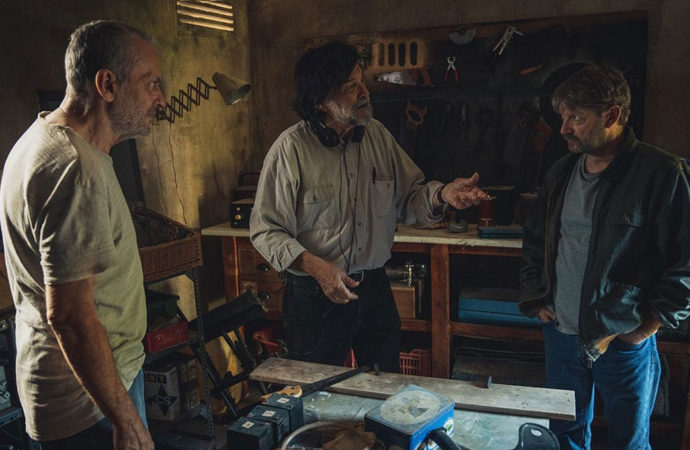

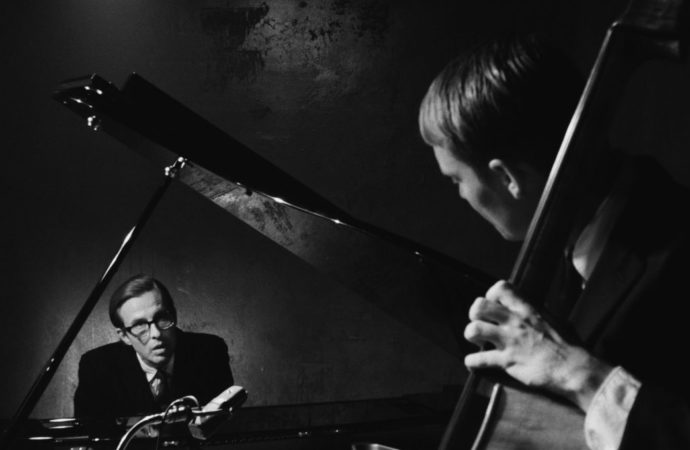
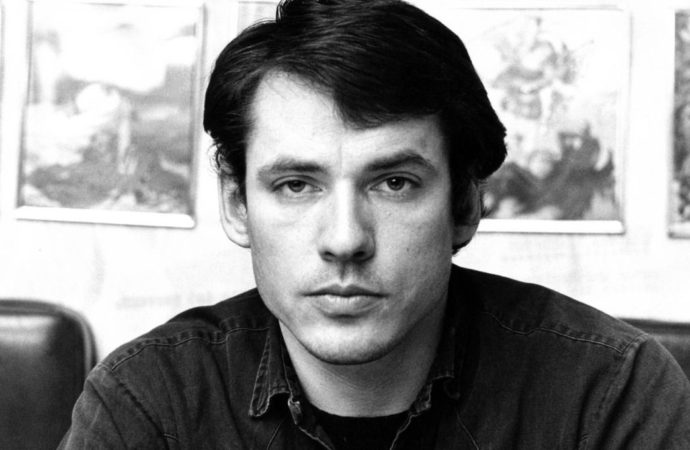
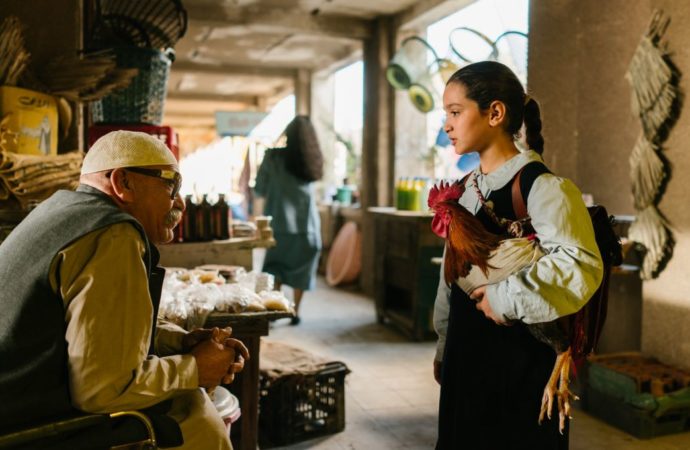
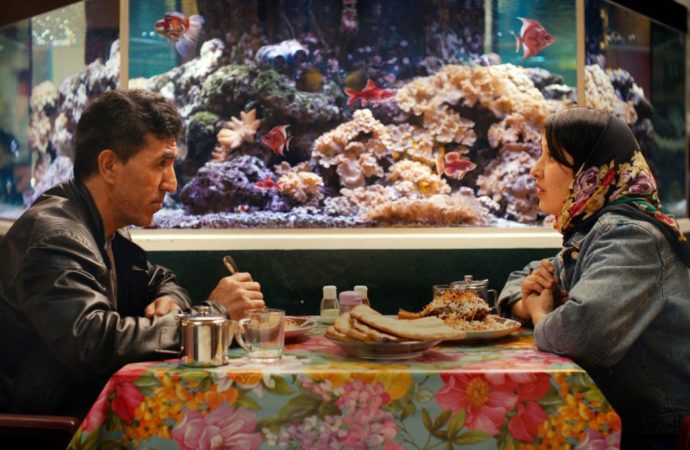

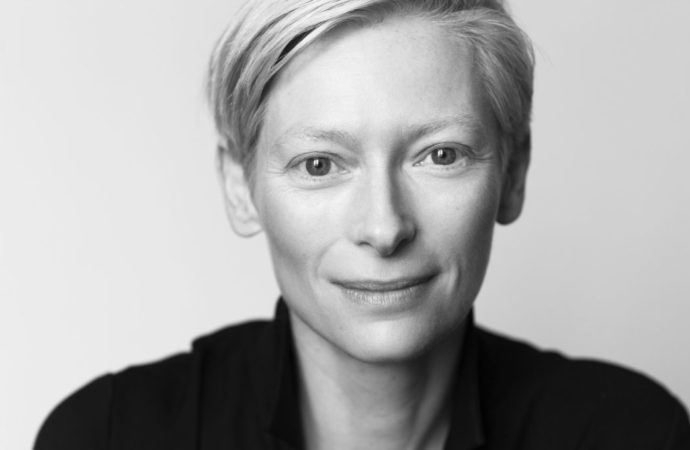
No one has posted any comments yet. Be the first person!